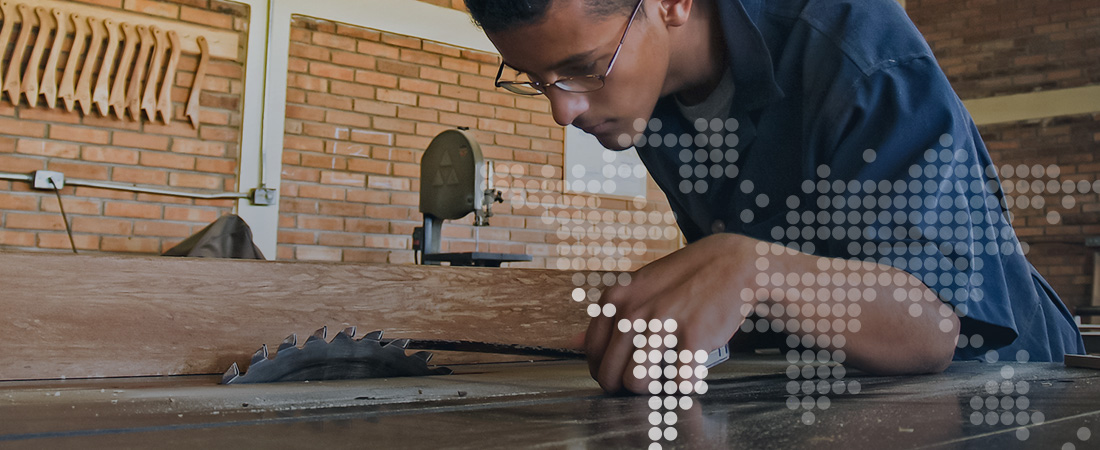
In Honduras, EDC programs provide job training for hundreds of young people.
In collaboration with education and industry partners across Latin America and the Caribbean, EDC creates basic education and workforce development programs that are relevant and tailored to respond to community needs.
Our basic education programs use interactive audio instruction—a concept we pioneered—to reach learners in settings that are both remote and lacking in necessary resources. Our workforce development programs prepare young people for available market opportunities, and we design and implement evidence-based interventions to offer young people a new, more positive course.
Projects
Resources
Save Our Future, a global coalition, rallied diverse voices amid the COVID-19 pandemic, emphasizing the vital link between education and the United Nations (UN) Sustainable Development Goals.
EDC’s Proyecto METAS conducted a survey in three at-risk urban communities in Honduras between March and May 2013.
This article explores the effects of EDC’s Tikichuela early childhood mathematics initiative, developed with the government of Paraguay.
This report is part of a series of publications summarizing what is being learned “on the ground” from projects in more than a dozen countries, and is the product of the pilot phase of the first EQ
The assessment was conducted between March and May 2013 in three at-risk communities in each of the three main urban areas of Honduras: Tegucigalpa, San Pedro Sula, and La Ceiba.
Technology has proven to be one of the missing links in order to guarantee educational and workforce improvement in developing countries.
This document highlights lessons learned in implementing the youth mapping development model internationally.
As part of EDC’s Work Ready Now (WRN) program, WRN Biz builds youths’ core skills in business planning, business start-up, and ongoing business management.
This toolkit provides program designers with information on how to develop and implement effective early childhood interactive audio instruction (IAI) programs in a range of settings.
Overview of EDC's higher education institution experience providing market-relevant job skills for youth, resulting in successful entry points into the world of work.